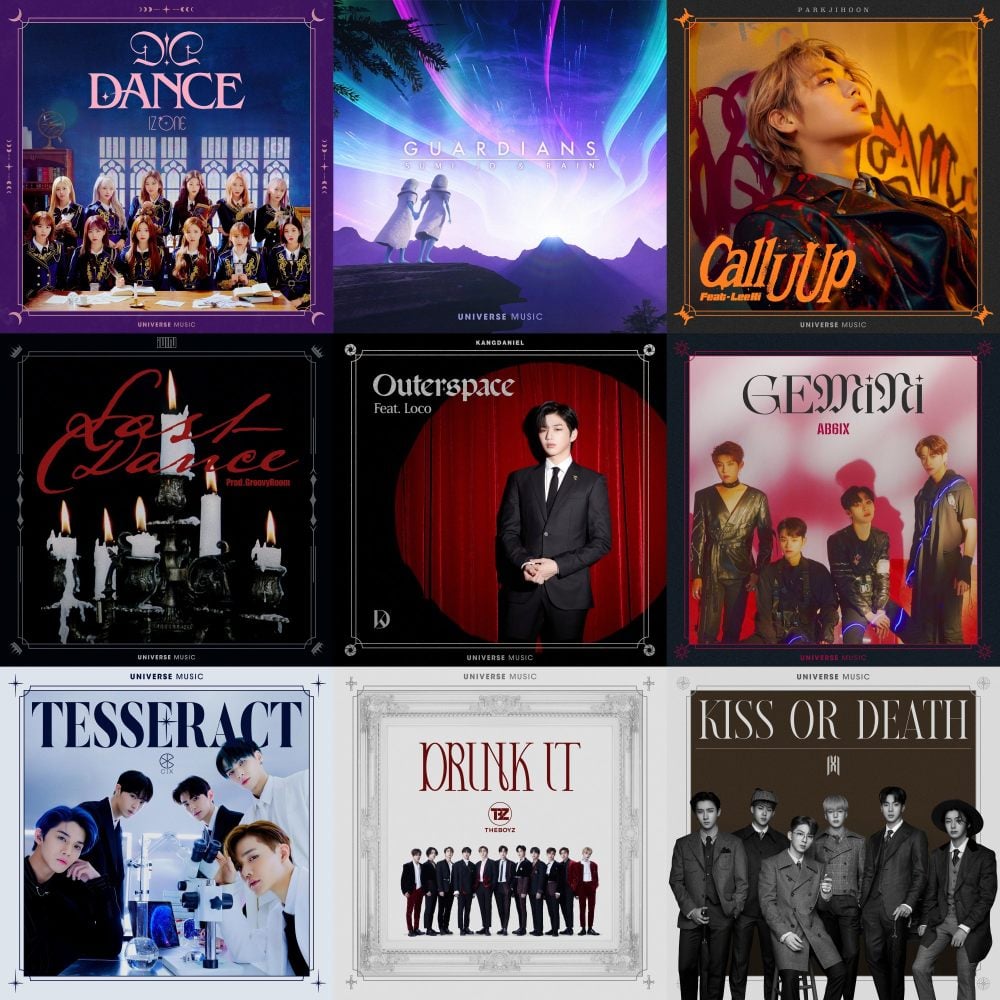
K-pop artist-fan interaction increasingly depends on apps such as Weverse – new home of Blackpink – whose number continues to grow
- K-pop artists talk with fans directly and share content including new releases and videos with them via online platforms such as Weverse, Universe and Lysn
- They have been communicating with fans online for years, and the pandemic has led to even more internet engagement between celebrities and fans
Last week, K-pop girl group Blackpink joined social media platform Weverse, becoming the latest high-profile act to join the app produced by Hybe, known best as the management company behind BTS. It was the latest move by a K-pop group to join a distinct platform for fan and artist communication.
Weverse, launched in 2019, is one of the three most popular South Korea-based platforms, along with Lysn and Universe, through which K-pop stars, and non-Korean celebrities, communicate with fans. Each has different management companies aligned with them: Lysn’s “DearU Bubble” feature, also known as “Bubble”, was popularised by SM Entertainment acts and is also used now by other management companies.
On this platform, fans can “chat” with artists like on a messenger app. Fans pay a charge to access their favourite stars’ Bubble content, however, with a separate charge for each artist’s content they subscribe to.
Meanwhile, the newest app, Universe, was launched this year by gaming company NCSoft and backed by management company CJ ENM. Unlike the other two major K-pop community apps, it incorporates an AI element and allows artists to share a variety of content with fans, including songs and videos. There are different “planets” for artists and other content, such as radio shows hosted by stars.

While each app has attracted fans of the artists using them, they haven’t been without issues: Universe’s AI function caused concern on its launch, while security issues with Weverse have led to the leaking of users’ private information and notification mishaps, and its adjacent sales platform, Weverse Shop, has been criticised for less-than-stellar customer service.
Bubble, meanwhile, has faced criticism regarding its per-artist fees as well as its lack of content moderation.


K-pop artists have a history of using different social media platforms, and other means, to communicate with fans online. For years, online forums known as “fan cafes” were immensely popular, and recently Naver’s V Live app has become the platform of choice for many artists hosting live-streams.
Amid the Covid-19 pandemic, celebrity engagement platforms have been especially popular around the world, with different regional markets and entertainment industries favouring specific apps. They are expected to continue experimenting with new features to attract and activate audiences.
